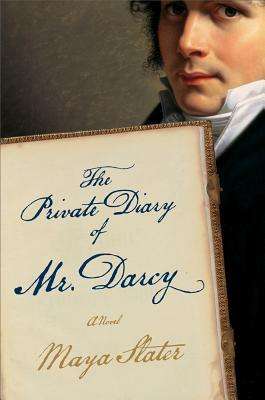
The Empathy Exams: Essays, by Leslie Jamison
2014 is being called the year of the essay, due to the extraordinary stream of collections it has brought — Charles D’Ambrosio’s Loitering, Roxane Gay’s Bad Feminist, Meghan Daum’s The Unspeakable among them—showing the personal essay in a range of styles and voices and demonstrating the elasticity of the form. Jamison’s book, her second (following a 2011 novel The Gin Closet), and winner of the Graywolf Press Nonfiction Prize), went on to the New York Times bestseller list. The Empathy Exams blends memoir, literary, cultural and moral investigation, and its essays are rich, astute, and candid. She writes of her part-time job as medical actor—playing a patient for medical residents (in the title essay)—and it’s a stunning mediation on the nature of empathy. There’s her investigation of a mysterious itching syndrome (“The Devil’s Bait”) that looks at the medical establishment’s treatment of patients whose illnesses can’t be “proved.” And a breathtaking examination (“Grand Unified Theory of Female Pain”) of female woundedness and its tropes, in Miss Havisham, Anna Karenina and Blanche Dubois, for example—all portrayals that rely on sadness, sickness, frailty, and become troubling metaphors:
The old Greek Menander once said; “Woman is a pain that never goes away.” He probably just meant women were trouble. But his words work sideways to summon the possibility that being a woman requires being in pain; that pain is the unending glue and prerequisite of female unconsciousness.
Jamison’s prose is original and smart (she recently completed a doctorate in literature at Yale), and she has the authority that comes from a breadth of reading—James Agee, Lucy Grealy, Susan Sontag, Anne Carson. These extraordinary essays portray the author’s personal experience with pain—emotional and physical (as the result of a heart condition), but her larger desire is the mining of what it means to feel empathy—for others to understand her pain and her ability to understand the pain of others—all of which Jamison conveys with crisp sentences, keen perception, and scholarly care.
—Lauren Alwan

